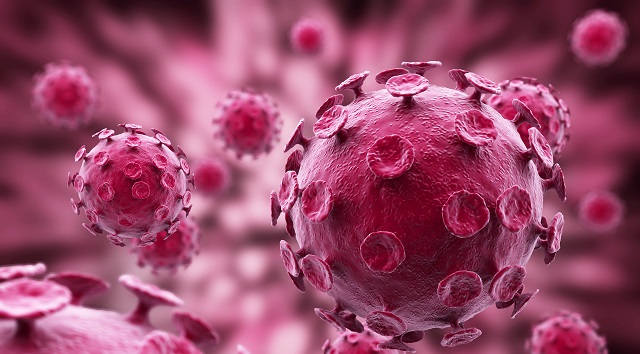
Image Credit: Peeradach Rattanakoses / Shutterstock.com
Researchers at the University of Missouri-Kansas City School of Pharmacy have developed a novel mucoadhesive hyaluronic acid (HA) nanofibre delivery system which could help to prevent the transmission of HIV.
HIV is an infectious virus which makes the body defenceless against pathogens and it is transmitted in many ways including direct contact with vaginal fluids, pre-seminal fluids, semen and blood. At the moment, there is no functional cure for this disease. Existing drug delivery methods do not possess the necessary vaginal retention.
The researchers loaded the anti-HIV drug, known as tenofovir, onto a mucoadhesive HA nanofiber delivery system. This method triggers release of the drug when vaginal mucosa is exposed to semen fluid. In order to produce tenofovir-loaded nanofibers, an electrospinning method was used.
Analytical and chemical assays were used in order to measure the semen enzyme-dependent drug release and nanofiber degradation.
They also studied the effects that the nanofibers had on vaginal flora Lactobacilli bacteria and the vaginal cells.
The time that the drug stays at the target site determines the success of the treatment. The mucoadhesive nanofibres enabled the prolonged retention which also benefits the treatment by reducing the frequency of dosing and any discomfiture that may occur.
The new nanofibre-based formulation can adapt its delivery systems for various types of medical requirements. Different types of degradation occur in the body and this new technology can protect the drug molecules against such degradation.
A nanofibre delivery system that is triggered by semen can possibly inactivate the HIV virus before it penetrates the vaginal mucosa. The researchers now intend to study the templates for hyaluronic acid-based nanofibres and conduct further in vivo studies using animal models.